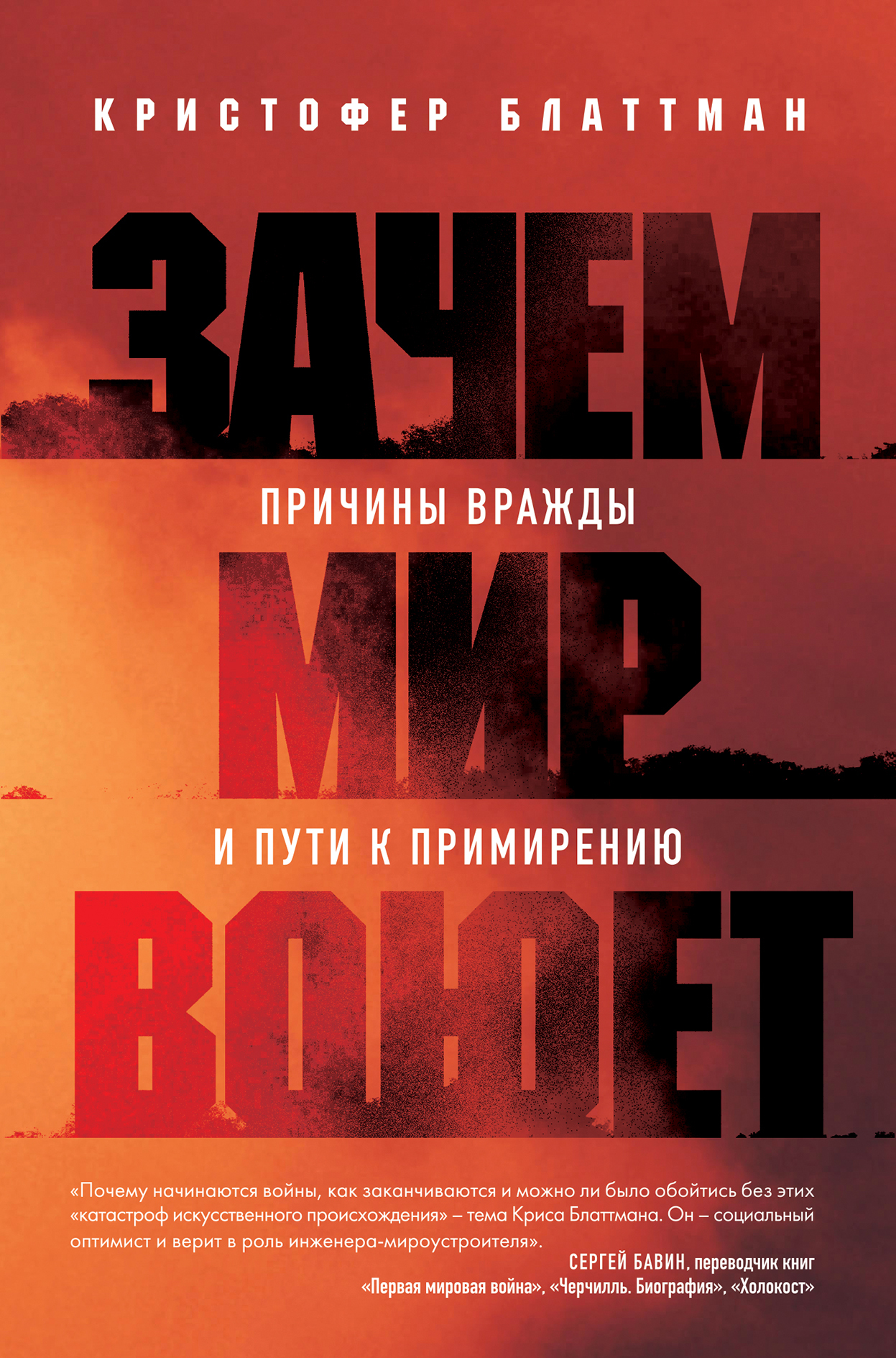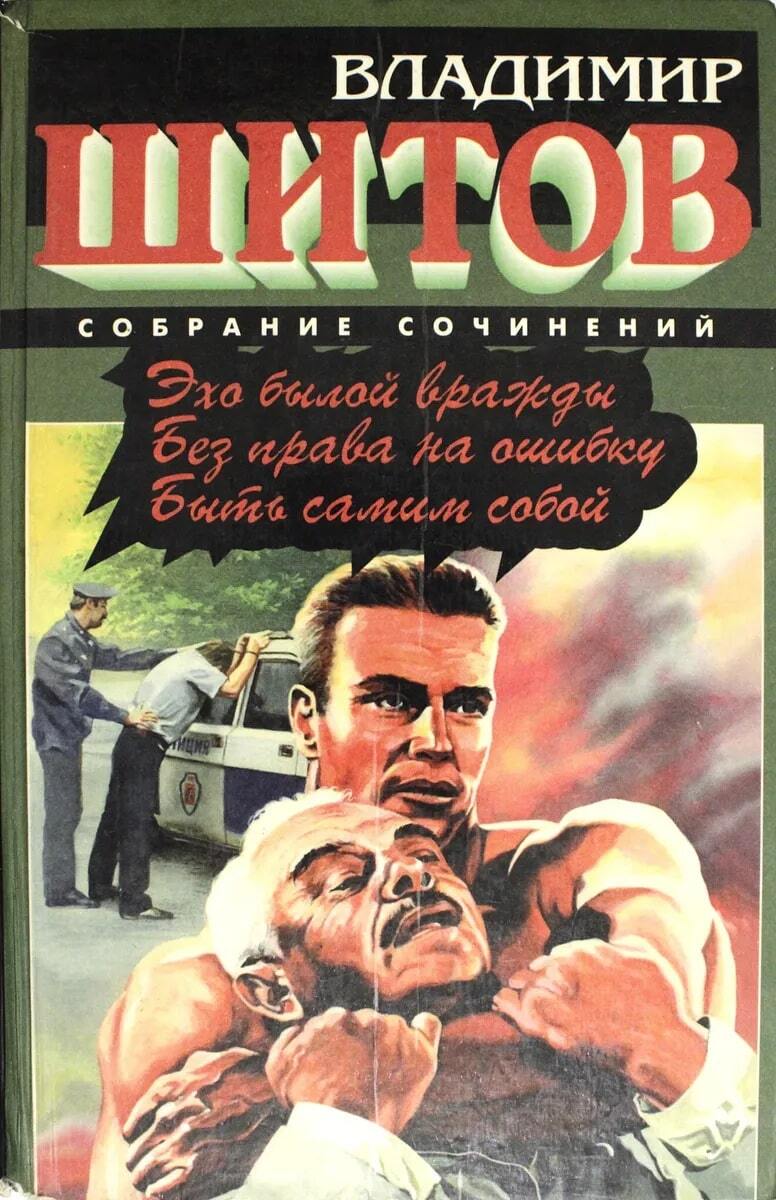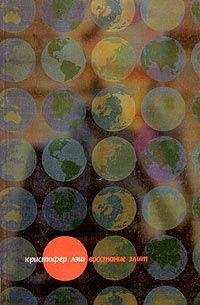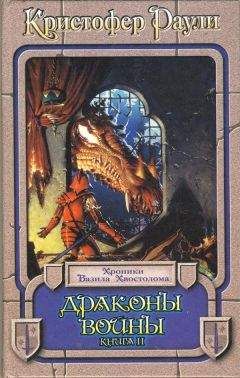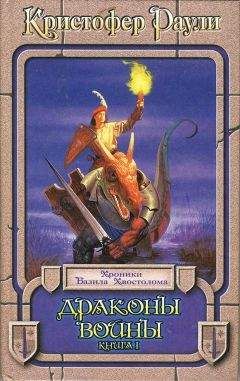P., Lee Ross, and Mark R. Lepper. 1985. “The Hostile Media Phenomenon: Biased Perception and Perceptions of Media Bias in Coverage of the Beirut Massacre,” Journal of Personality and Social Psychology 49 (3): 577–585.
Van Evera, Stephen. 1999. Causes of War: Power and the Roots of Conflict, Ithaca: Cornell University Press,
–. 2013. Causes of War: Power and the Roots of Conflict. Ithaca: Cornell University Press,
Van Vugt, Mark. 2011. “The Male Warrior Hypothesis," In The Psychology of Social Conflict and Aggression, edited by Joseph P. Forgas, Arie W, Kruglanski, and Kipling D. Williams, 233-48. Sydney: Sydney Symposium of Social Psychology. Psychology Press,
Varshney, Ashutosh. 2003a. Ethnic Conflict and Civic Life: Hindus and Muslims in India. New Haven: Yale University Press,
–. 2003b. “Nationalism, Ethnic Conflict, and Rationality,” Perspectives on Politics 1 (1): 85–99.
Verwimp, Philip. 2003. “Testing the Double-Genocide Thesis for Central and Southern Rwanda," Journal of Conflict Resolution 47 (4): 423–442,
Volkov, Vadim. 2016. Violent Entrepreneurs: The Use of Force in the Making of Russian Capitalism. Ithaca: Cornell University Press.
Walt, Stephen M. 1985. “Alliance Formation and the Balance of World Power," International Security 9 (4): 3-43.
Walter, Barbara F. 1997. “The Critical Barrier to Civil War Settlement." International Organization 51 (3): 335–364.
–. 2002. Committing to Peace: The Successful Settlement of Civil Wars. Princeton: Princeton University Press.
–. 2009a. “Bargaining Failures and Civil War.” Annual Review of Political Science 12 (1): 243–261.
–. 2009b. Reputation and Civil War: Why Separatist Conflicts Are So Violent. Cambridge: Cambridge University Press.
–. 2015. “Why Bad Governance Leads to Repeat Civil War,” Journal of Conflict Resolution 59 (7): 1242–1272,
Waltz, Kenneth N. 2010, Theory of International Politics. Long Grove: Waveland Press.
Wantchekon, Leonard. 2003. “Clientelism and Voting Behavior: Evidence from a Field Experiment in Benin," World Politics: A Quarterly Journal of International Relations 55 (3): 399–422.
Wantchekon, Leonard, and Christel Vermeersch. 2011, “Information, Social Networks, and the Demand for Public Goods: Experimental Evidence from Benin.” In Accountability through Public Opinion: From Inertia to Public Action, edited by Sina Odugbemi and Taeku Lee, 123–135. Washington: World Bank,
Waters, Rob. 2016. “A Conversation with Tony D: How ‘Becoming A Man’ Got to the White House.” Forbes, March 9, 2016. https://www.forbes.com/sites/ robwaters/2016/03/09/aconversation-with-tony-d-how-becoming-a-man-got-to-the-white-house/? sh= 19cc0b0f666b.
Weber, Max. 2014, From Max Weber: Essays in Sociology, edited by Hans H, Gerth and C. Wright Mills. London: Routledge.
Weeks, Jessica L. 2012, “Strongmen and Straw Men: Authoritarian Regimes and the Initiation of International Conflict.” American Political Science Review 106 (2): 326–347,
–. 2014. Dictators at War and Peace, Ithaca: Cornell University Press.
Weinstein, Jeremy M. 2005. “Autonomous Recovery and International Intervention in Comparative Perspective.” Center for Global Development, Working Paper 57.
Weisburd, David, Elizabeth R. Groff, and Sue-Ming Yang. 2012. The Criminology of Place: Street Segments and Our Understanding of the Crime Problem. Oxford: Oxford University Press.
Weisburd, David, Lisa Maher, and Lawrence Sherman. 1993. “Contrasting Crime General and Crime Specific Theory: The Case of Hot Spots of Crime.” In Advances in Criminological Theory, vol. 4, edited by Freda Adler and William S, Laufer, 45–70. Abingdon: Transaction.
Weisiger, Alex, 2013. Logics of War: Explanations for Limited and Unlimited Conflicts. Ithaca: Cornell University Press.
Welsh, Brandon C. and David P. Farrington. 2008. “Effects of Improved Street Lighting on Crime: A Systematic Review.” Campbell Systematic Reviews 4 (1): 1-51.
Wes tad, Odd Arne. 2005. The Global Cold War: Third World Interventions and the Making of Our Times. Cambridge: Cambridge University Press.
Wilkinson, Steven I. 2004. Votes and Violence: Electoral Competition and Ethnic Riots in India. Cambridge: Cambridge University Press.
–. 2009. “Riots.” Annual Review of Political Science 12 (1): 329–343.
Wimmer, Andreas. 2013. Ethnic Boundary Making: Institutions, Power, Networks. Oxford: Oxford University Press.
Wimmer, Andreas, Lars-Erik Cederman, and Brian Min. 2009. “Ethnic Politics and Armed Conflict: A Configurational Analysis of a New Global Dataset.” American Sociological Review 74 (2): 316–337.
Wittman, Donald. 1979. “How a War Ends: A Rational Model Approach.” Journal of Conflict Resolution 23 (4): 743–763.
Wolford, Scott. 2019. The Politics of the First World War: A Course in Game Theory and International Security. Cambridge: Cambridge University Press.
Wolton, Stephane. 2019. "Signaling in the Shadow of Conflict.” Working paper.
Wood, Elisabeth Jean. 2003. Insurgent Collective Action and Civil War in El Salvador, Cambridge: Cambridge University Press.
Wood, Gordon S. 2002. The American Revolution: A History. Modern Library,
Woods, Kevin M., with Michael R. Pease, MarkE. Stout, Williamson Murray, and James G. Lacey. 2006. Iraqi Perspectives Project: A View of Operation Iraqi Freedom from Saddam’s Senior Leadership. Norfolk: United States Joint Forces Command Joint Center for Operational Analysis, https://www.hsdl. org/?view&did=461392.
Wrangham, Richard. 2019. The Goodness Paradox: The Strange Relationship between Virtue and Violence in Human Evolution, New York: Vintage Books.
Wrangham, Richard W., and Dale Peterson. 1996. Demonic Males: Apes and the Origins of Human Violence. Boston: Houghton Mifflin Harcourt,
Xu, Chenggang. 2011. “The Fundamental Institutions of China’s Reforms and Development.” Journal of Economic Literature 49 (4): 1076–1151.
Yanagizawa-Drott, David. 2014, “Propaganda and Conflict: Evidence from the Rwandan Genocide.” Quarterly Journal of Economics 129 (4): 1947–1994.
Young, Christopher. 2019. “Agonistic Behavior.” In Encyclopedia of Animal Cognition and Behavior, edited by Jennifer Vonk and Todd Shackelford. Cham: Springer International, https://doi.org/10.1007/978-3-319-47829-6.
Zimmermann, Florian. 2020. “The Dynamics of Motivated Beliefs.” American Economic Review 110 (2): 337–361.
Перевод Н.И, Конрада. – Прим. пер.
Перевод Г. Муравьевой. – Прим. пер.
Перевод Е. Бируковой. – Прим. пер.
Перевод А.Г. Горнфельд. – Прим. пер.
